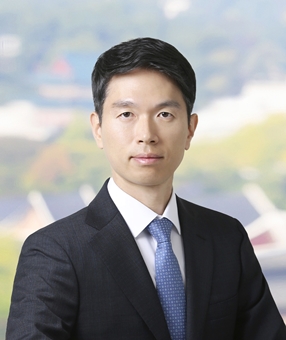Recently, in a case involving an agreement by a defendant not to infringe a competitor's patent, the Korean Supreme Court confirmed that the non-use agreement remained enforceable for the period while the patent was valid, even though the patent was later finally invalidated (Supreme Court Case No. 2024Da270105, November 20, 2024). While under Korean law, a patent that is finally invalidated is considered never to have been issued, the Court ruled that such invalidation did not retroactively cancel the validity of the patent agreement, and that any violation of the terms of the agreement prior to patent invalidation constituted a breach giving rise to damages liability on the part of the breaching party regardless of the defendant's assertion of the public domain technology defense to infringement. Likewise, the Court also ruled that a provision prohibiting manufacturing products similar to the products with the patented technology was not invalidated at least prior to patent invalidation, and thus was enforceable.
Background
Supreme Court Case 2024Da270105 involved a plaintiff that manufactured and sold composite sheets for LCD-TV backlights who filed for breach of contract and damages against a defendant engaged in the same business. The two companies had entered into a contract for cooperation on manufacturing and selling products with the technology in two plaintiff's patents, prohibiting the defendant from practicing the plaintiff's patented technology, and from manufacturing substantially similar products after the expiration of the contract. However, on the day of the contract's expiration, the defendant brought an action to invalidate the two patents, and the plaintiff sued the defendant for damages alleging that the defendant had continued to practice the plaintiff's technology and manufacture products substantially similar to the products with the patented technology even after the agreement had been concluded. The defendant's primary argument in response was that the contract was unenforceable due to the patents having been finally invalidated. The defendant also argued that infringement of the two patents may not be constituted since its products were based on technologies in the public domain. Additionally, the defendant argued that "similar" products under the contract necessarily meant equivalents of the patented invention, and therefore the products it manufactured could not be prohibited by the contract because the products were beyond the scope of equivalent of the patented invention.
Court's Review and Decision
The Supreme Court held the agreement in this case was enforceable at least until the point at which the patent was determined to be invalid, and that any claims for breach and damages for use of the patent prior to that date should be allowed, consistent with existing precedents. The Court also rejected the defendant's argument that the agreement could not be enforced against its products because they were solely practicing technology already in the public domain. The Court rejected the defendant's argument that the prohibition on manufacturing "similar" products was limited to patent equivalents, and held that the defendant's act of selling products that implemented the patents and had similar structure and operational effects with substitutability in the market was a breach of the provision. In short, the Supreme Court held that the agreement prohibiting the other party from practicing the plaintiff's patented technology was enforceable at least until the patent was finally invalidated, and that the defendant's activities constituted breach of the agreement.
Implications
The Supreme Court's ruling draws a critical distinction between the effect of patent invalidation (since under Korean law, a finally-invalidated patent is considered never to have existed at all), and the enforceability of a license agreement relating to a patent that is invalidated, since the Court confirmed the patent agreement remains valid for the period of time during which the patent was valid regardless of later invalidation. In the same vein, the Court upheld private parties' freedom of contract rights by rejecting the defendant's argument that a ban on "similar" products in the agreement could only relate to "infringing" products, and simply enforcing the license provision as drafted and agreed by the parties. The Supreme Court's ruling is likely to strengthen patent license agreements in Korea in the future, and to provide a clear disincentive to parties seeking to use patent law requirements to avoid license obligations that have been properly negotiated and agreed.
Related Topics







